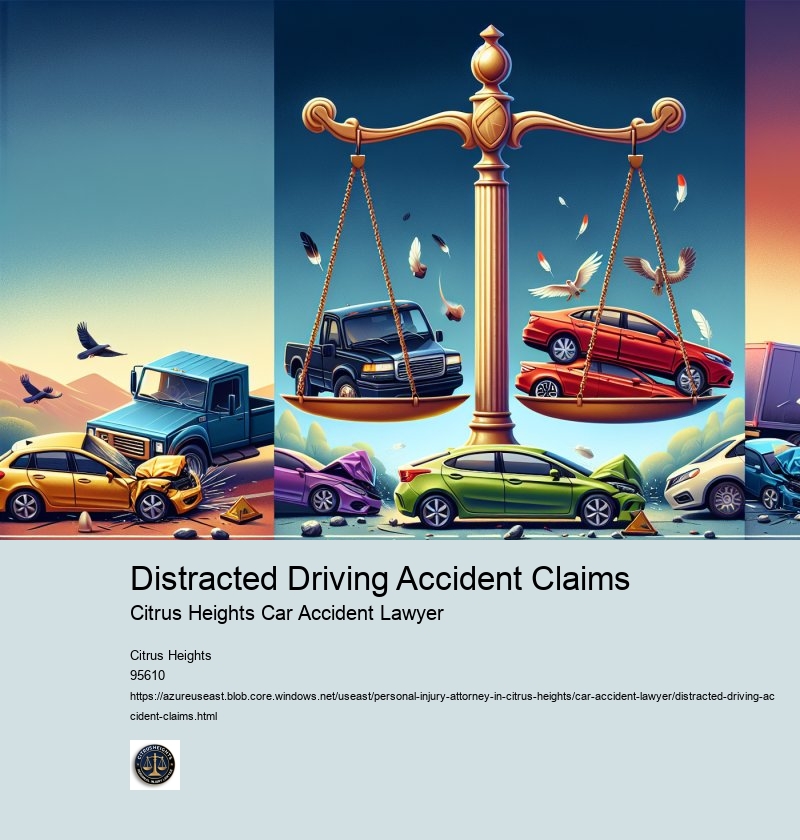Distracted Driving Accident Claims
contributory negligence

When you speak with a Citrus Heights car accident lawyer, their priority is to understand your case, explain your options, and outline the next steps. If you’ve been hurt in a car accident, speaking with a personal injury attorney in Citrus Heights can help you understand your legal options and pursue fair compensation.. Start by calling 911, getting medical treatment, and collecting basic evidence-photos, license plate numbers, witness contact info, and the police report. passenger You'll get clear legal insight and the opportunity to move forward with experienced representation if you choose. If alcohol or drug use is involved, a drunk driving accident lawyer in Citrus Heights will coordinate with law enforcement and build your case using toxicology reports and citations. multiple-vehicle collision When you speak with a Citrus Heights car accident lawyer, you're not paying for legal advice out of pocket. well-being
Fast legal action can make a difference in gathering evidence, preventing insurance delays, and protecting your claim from being undervalued. Understanding Citrus Heights traffic laws is a key part of building a successful case. California follows a comparative negligence rule, meaning more than one driver can be held partially at fault. That's why getting legal advice early matters.
Distracted Driving Accident Claims - Citrus Heights
- Citrus Heights
- passenger
- multiple-vehicle collision
- police force
You don't need to wait for business hours to take action. Take photos, gather witness information, and make sure a police report is filed. Where more than two vehicles are involved, multi-vehicle accident claims in Citrus Heights often require advanced coordination among insurers and legal teams. Compensation can include medical bills, lost wages, future treatment, pain and suffering, and diminished earning capacity.
Our network of lawyers covers a wide range of accident types.
Distracted Driving Accident Claims - Citrus Heights
- contributory negligence
- witness statement
- well-being